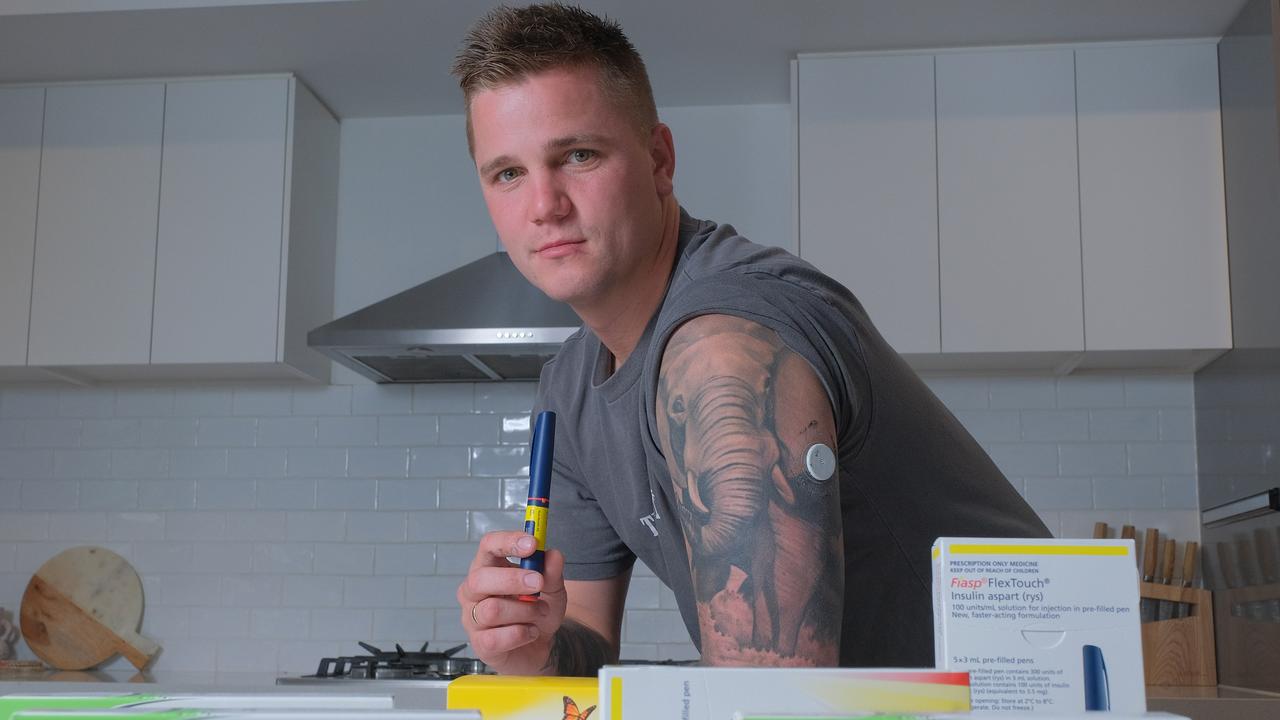Concerns patients are skipping meds amid cost crunch
An increasing number of patients are being forced to choose between medications and putting food on the table, pharmacists have revealed.
Geelong
Don't miss out on the headlines from Geelong. Followed categories will be added to My News.
Pharmacists fear local patients are being forced to choose between putting food on the table and taking their prescribed medicine amid rising costs.
Bannockburn Pharmacy pharmacist Scott Wilkes said with the cost of living going up, he found people were skipping doses of medication.
“I find particularly people, a pack of (daily) medication might last 30 days, they’re spreading it out and making it last 35 or 40 days,” he said.
“That’s a health issue we’re concerned about.
“With the cost of living going up … spacings are becoming more common.”
He said patients were having to choose between medication or putting food on the table.
People not coming in to collect medication was particularly prevalent during expensive times like school starting and rates being due, he said.

In January, the Pharmaceutical Benefits Scheme co-payment increased again.
The co-payment is the amount patients pay towards the cost of their PBS subsidised medicine.
From January 1, patients may pay up to $42.50 for most PBS medicines or $6.80 if you have a concession card.
The federal government pays the remaining cost.
The Pharmacy Guild of Australia said the patient contribution was on track to hit almost $50 by the end of the decade.
The national president of the Pharmacy Guild of Australia, Professor Trent Twomey, said that many Australians were finding it harder to afford essential medicines.
New research conducted by independent research firm Insightfully on behalf of the guild found that close to a third (31 per cent) of middle-income households ($60,000 to $100,000) without a concession card have found it difficult to afford medications on the PBS.
According to the research, healthcare affordability was a key issue of concern in two marginal electorates that were surveyed in Victoria, including Corangamite.
In Corangamite, 12 per cent of respondents, who were non-concession card holders, answered yes when asked if they and their family had found it difficult to afford prescribed medication in the past three years.
Mr Wilkes said the rising co-payment was increasing strain on customers, and people made comments in January when the co-payment rose.
“We have no control over it,” he said.
“As a pharmacist we like to try and make things as affordable as we can.”
A health department spokeswoman said since 2013, the federal government had listed more than 2800 new or amended items on the PBS.
The spokeswoman said there were two PBS safety net thresholds to assist in keeping co-payments down: concessional and general.
“The general patient safety net threshold is currently $1,542.10, which equates to approximately 37 scripts,” she said.
“When a person’s or family’s total PBS medicine co-payments reach these amounts, they may apply for a safety net card.
“With this card general patients will pay no more than the concessional co-payment amount of $6.80 (plus any applicable premiums) for pharmaceutical benefits for the rest of that calendar year.”
Armstrong Creek 29-year-old Cobie Davis devotes significant amounts of time and money to managing his type 1 diabetes.
The fire technician was diagnosed with the condition when he was just three years old and requires four insulin injections a day.
He estimated he spent about $400 a month on insulin, needles, blood glucose monitoring devices and appointments.
Mr Davis said it was “absolutely” rough that the PBS co-payment kept going up, and said he believed glucose monitoring devices and medications for diabetics should either cost significantly less or be free.
He said if people could afford to maintain their diabetes more easily due to reduced cost, it could benefit the health system in the long-run due to reduced complications.
While the costly upkeep does not put too much of a strain on his financial situation, Covid has highlighted the expenses for Mr Davis.
“The thing that gets me upset and grinds my gears is people can get free rapid antigen tests but there’s a medication I need to take to stay alive and have to pay for it,” he said.
“It’s a bit of a kick in the guts.”
Originally published as Concerns patients are skipping meds amid cost crunch




